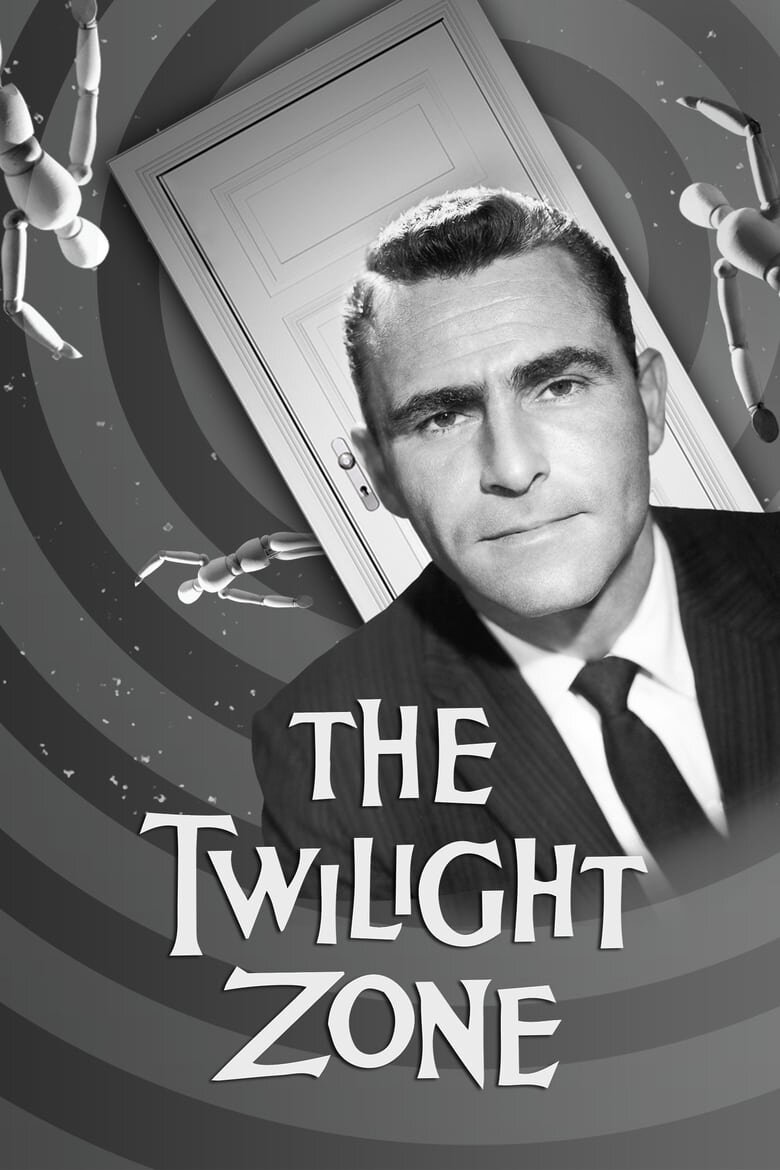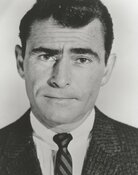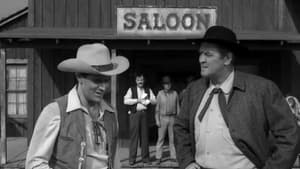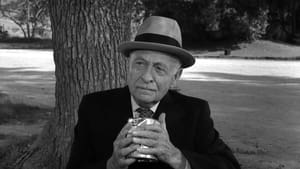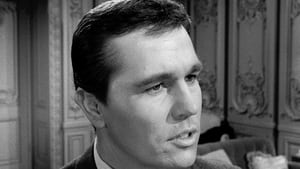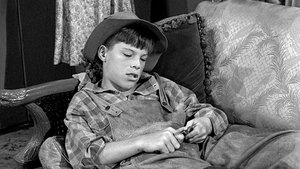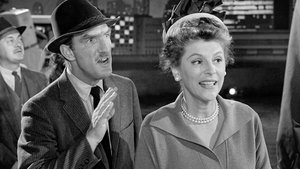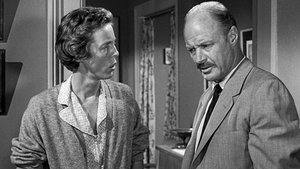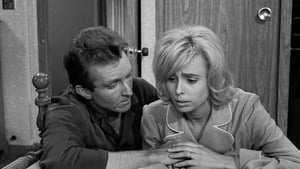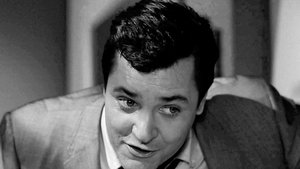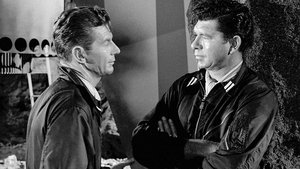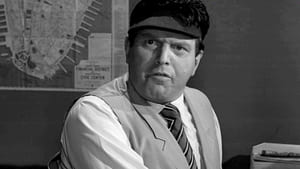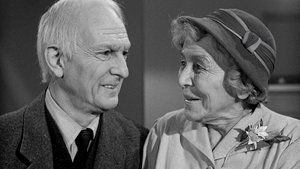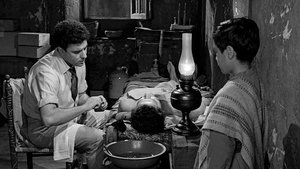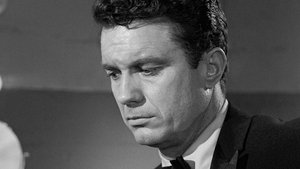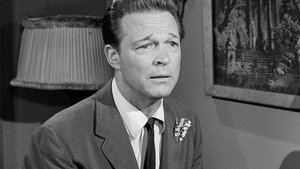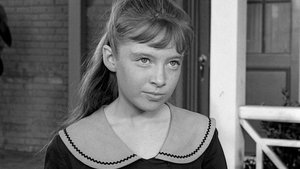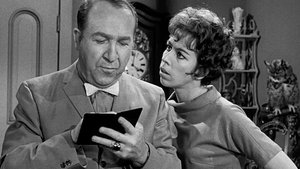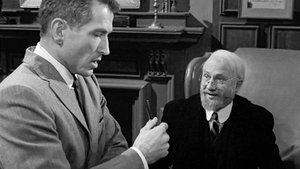The Twilight Zone
The Gift
Season: 3
Episode: 32
Air date: 1962-04-27
Guest stars: Vito Scotti,Henry Corden,Paul Mazursky,Nico Minardos,Geoffrey Horne,Cliff Osmond,Vladimir Sokoloff,Edmund Vargas,Eumenio Blanco,Carmen D'Antonio,David Fresco,Joseph V. Perry,Lea Marmer
An alien who crash-lands into a remote mountain village stirs up the villagers' fears and animosity, but he befriends a little boy and gives him a mysterious present.
“So we have not just killed a man. We have killed a dream.”
This one
could have been great—subversive, even—but it stumbles just enough to fall short of greatness.
The Gift has the bones of a classic Serling parable: fear vs. understanding, humanity’s self-sabotage, and an alien messenger bearing more than just words. But what it also has—unintentionally—is some broad, caricatured portrayals that drag down its more thoughtful ambitions.
The setup plays like textbook
Twilight Zone: isolated village, visitor from another world, rising panic. Critics today have pointed out that the townspeople, all coded as Mexican, fall into the familiar trap of being portrayed as superstitious, reactionary, and fear-driven, which comes off as dated at best, condescending at worst. I’ll admit, I didn’t initially clock it that way. Watching with my focus on the narrative itself—not the cultural coding—I took it as another story of humans turning on what they don’t understand, regardless of race. In fact, I found it refreshingly subversive: the people typically cast
as the alien threat in modern media now positioned
against one, reacting with the same fear and violence usually turned on them.
But once that lens is applied—once you start noticing who’s being portrayed as fearful and irrational, and who’s calmly holding the miracle of hope in their very American-looking hands—yeah, I can see why some viewers walk away seeing a white savior narrative. Geoffrey Horne’s Mr. Williams, the alien, is
very white. The villagers, a mix of Mexican and Mediterranean-looking actors, come off less like individuals and more like stock villagers from a dusty morality play. It’s a shame, because there’s a version of this story that would’ve worked without changing the plot—just give the townspeople more humanity and nuance, and it stops feeling like a lopsided parable.
The Christ allegory works well enough, though. Mr. Williams clearly echoes the long line of sacrificial, misunderstood outsiders—martyrs of peace, struck down by fear. But more importantly, it’s not just a generic “outsider” allegory—it traces our prejudice back to one of the oldest and most famous hate-crimes in recorded history. Jesus wasn’t just misunderstood—he was rejected and destroyed by the very people he came to help, not because they were ignorant, but because they couldn’t accept what didn’t fit their worldview. That’s why the allegory works here, even with the racial optics some critics obsess over. It’s not about white or brown—it’s about fear turning people against the very thing that could have saved them. And that’s a human problem, not a cultural one. It’s not subtle, but subtlety was never
The Twilight Zone’s strong suit. If anything, the show’s signature charm is how brazenly earnest it is with its allegories. It doesn’t whisper morals—it carves them into your forehead with a narrator’s monologue.
Speaking of that monologue—the quote I opened with? Yeah, it’s a little much. That final line practically comes with a slow zoom and a single tear. Rod Serling loved to drop anvils, and here he delivers one right on the audience’s conscience. It’s not a bad message… it’s just a very loud one. But again, that’s part of
Twilight Zone’s identity: blatant morality, dressed in moody lighting and violin swells.
Edmund Vargas as Pedro is a little light on character, not really distinguished much from the rest of the community, but it still works within Serling’s framework. The innocent child is a familiar avatar in his stories—unburdened by adult prejudice, politics, or, in this case, performative concern over who qualifies as a white savior. If Pedro doesn’t stand out much, it’s because he isn’t meant to. He’s the clean slate, the one still capable of seeing past fear, not filing think pieces about it.
In the end,
The Gift is a flawed but thought-provoking entry. The core message still resonates: fear kills progress. But its execution lacks the grace and sharpness needed to deliver that message without distraction. A little more humanity for the villagers, a little less sermonizing at the finish, and this could’ve been a real heavy-hitter.
Instead, it’s a solid episode with a great concept and a few too many tonal missteps—a reminder that even when Serling missed the mark, he still had something worth listening to.
